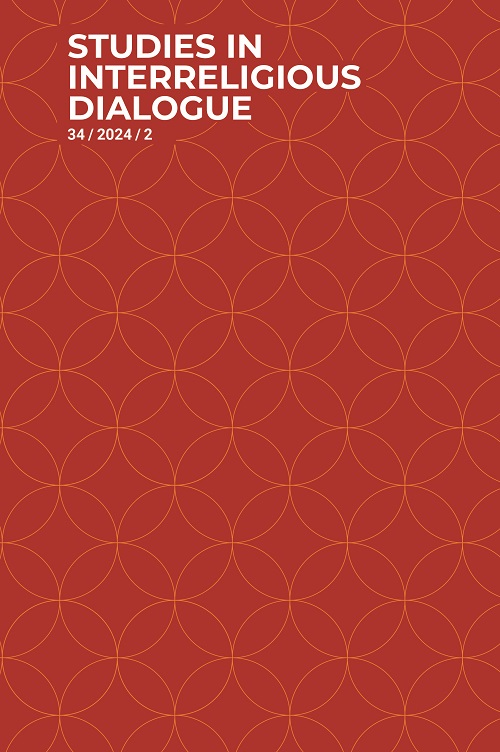 previous article in this issue previous article in this issue | next article in this issue  |

Preview first page |
Document Details : Title: Trends and Developments in Interreligious Dialogue Author(s): EVERS, Georg Journal: Studies in Interreligious Dialogue Volume: 22 Issue: 2 Date: 2012 Pages: 228-243 DOI: 10.2143/SID.22.2.2965155 Abstract : October 2012 was the 50th anniversary of the inauguration of the Second Vatican Council in Rome. The decisions made at this council had and have far-reaching consequences in many areas of church life and theology. Most noticeable were the new theological insights the council arrived at in the fields of interreligious dialogue and theology of religion. This article reflects on the many activities and initiatives this new attitude by the Roman Catholic Church has had during the last 50 years. It first describes the reactions of Asian theologians to the challenges of the Council’s documents. The emphasis is on the new approach Asian theologians took regarding theology of religion and its practical application in the field of interreligious dialogue. Asian theologians believe they have a special mission to develop new theological insights and practical steps when dealing with the plurality of religions on the vast continent of Asia. As Asian Christians, they are aware of the rich religious and cultural heritage the Asian religions of Buddhism, Hinduism, Islam, Shintoism etc. contain and that they consider to belong to their ancestral heritage. On the basis of this approach 'from inside', they developed their distinctive new theological insights into the salvific meaning of these religious traditions. Second, a selection of dialogue initiatives in the various dialogue situations with Jews, Buddhists, Hindus and Muslims worldwide are briefly described. The third section presents some current initiatives in interreligious dialogue. |
 |


